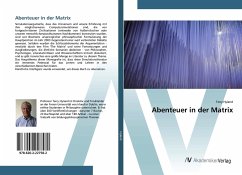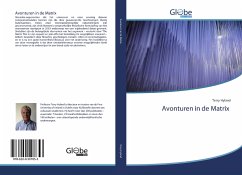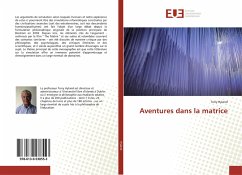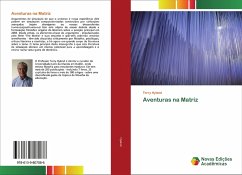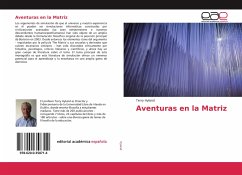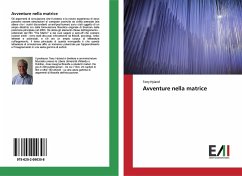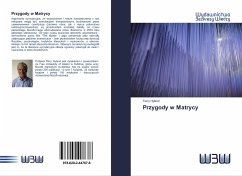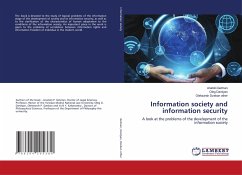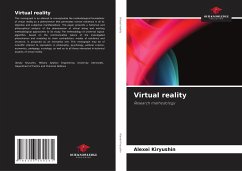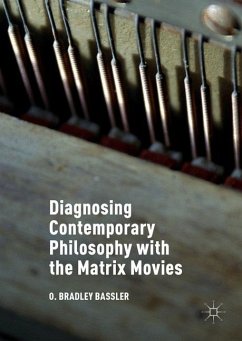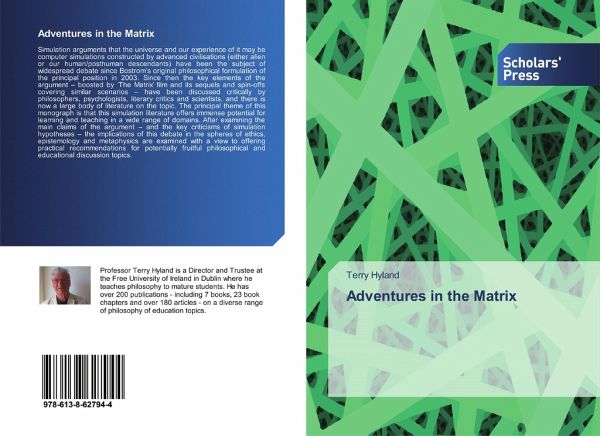
Adventures in the Matrix
Versandkostenfrei!
Versandfertig in 6-10 Tagen
40,99 €
inkl. MwSt.

PAYBACK Punkte
20 °P sammeln!
Simulation arguments that the universe and our experience of it may be computer simulations constructed by advanced civilisations (either alien or our human/posthuman descendants) have been the subject of widespread debate since Bostrom's original philosophical formulation of the principal position in 2003. Since then the key elements of the argument - boosted by 'The Matrix' film and its sequels and spin-offs covering similar scenarios - have been discussed critically by philosophers, psychologists, literary critics and scientists, and there is now a large body of literature on the topic. The...
Simulation arguments that the universe and our experience of it may be computer simulations constructed by advanced civilisations (either alien or our human/posthuman descendants) have been the subject of widespread debate since Bostrom's original philosophical formulation of the principal position in 2003. Since then the key elements of the argument - boosted by 'The Matrix' film and its sequels and spin-offs covering similar scenarios - have been discussed critically by philosophers, psychologists, literary critics and scientists, and there is now a large body of literature on the topic. The principal theme of this monograph is that this simulation literature offers immense potential for learning and teaching in a wide range of domains. After examining the main claims of the argument - and the key criticisms of simulation hypotheses - the implications of this debate in the spheres of ethics, epistemology and metaphysics are examined with a view to offering practical recommendations for potentially fruitful philosophical and educational discussion topics.



